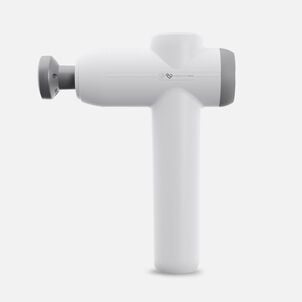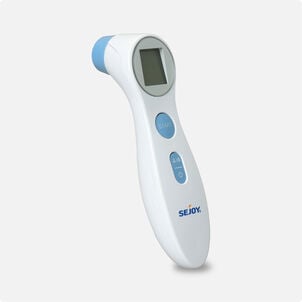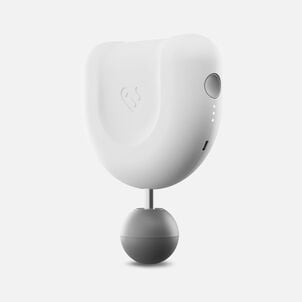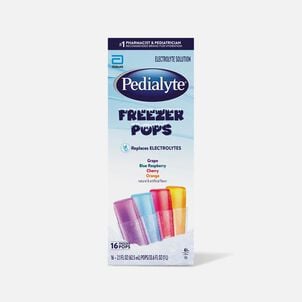There's a lot to love about health savings accounts (HSAs). Unlike flexible spending accounts (FSAs), your HSA is portable. Don't bother stacking doctor's appointments before December ends. Skip the last minute health shopping spree. The balance is still yours on January 1st.
The same goes for when you change jobs. Landing a new gig doesn't mean kissing your HSA goodbye. The money still belongs to you. If it sounds like a unique deal, that's because it is. Make the most of your HSA by following these guidelines.
Are you still eligible to contribute to your HSA?
As a reminder, the IRS has rules about who's allowed to make HSA contributions. You may be eligible to contribute to your old plan or a new plan if you meet these requirements:
- You have a high-deductible health plan.
- You aren't covered by another type of health insurance plan.
- You haven't started Medicare.
- You aren't a dependent on someone's tax return.
If you can't check all these boxes, you'll have to stop making deposits to your HSA.
Ditching your high-deductible plan? Stop your HSA contributions
One of the perks of changing jobs is you may score cheaper health insurance. Some companies offer group plans with low or no deductibles. Typically, premiums are higher for these plans. If your employer foots some of the bill, it won't impact your budget as much.
The downside is you'll no longer meet the above requirements. This means holding off on adding money to your HSA until you have an HDHP again.
On a positive note, you can still spend your HSA money. Before racking up bills, make sure your expenses are on the approved list. Nonqualified expenses are subject to penalty. Staying organized with receipts and detailed records may avoid headaches at tax time.
If you're still eligible, it's possible to keep your old HSA.
It's become more common for companies to offer high-deductible health plans. If you're stuck with one, the good news is you can still contribute to an HSA. Compare your old plan with any new options. If you still like your old plan better, stick with it. But watch for HSA fees your old employer may have been covering. HSA fees may chip away at savings faster than you expect.
Found a better HSA option? Roll your money into a new plan
Your old HSA may have served you well. But that doesn't mean you're cemented for life. New providers may offer better options, cheaper fees, or lower balance requirements. When you're ready to switch, there are a couple of options to choose from.
- HSA rollover - You're allowed to rollover HSA money to another provider once per year. Your provider sends you a check or deposits the money into your bank account.
Tip: It's your sole responsibility to move the money into your new HSA. The deadline is within 60 days of receiving the money. Otherwise it's considered a taxable distribution — with a 20% penalty to boot!
- HSA trustee-to-trustee transfer - There's no limit on these transfers. The money is sent directly from one provider to another.
Neither of these options impact your annual contribution limit. If done right, you won't trigger any type of taxes or penalties.
The bottom line for HSAs? You've got options
When it comes to HSAs, there is no one-size-fits-all. Your family may prefer a larger cash cushion for upcoming medical expenses. Or maybe you're ready to start investing for the future.
Changing jobs doesn't have to derail your plans. A different health plan may slow down your contributions — until you have an HDHP again. But your HSA money is still yours for life.
Compound It! is your weekly update of achievable, effective, no-nonsense HSA saving and investment advice, delivered by people who make it work in their own lives. For the latest info about your health and financial wellness, be sure to check out the HSA Learning Center, and follow us on Facebook and Twitter.


















.png)











